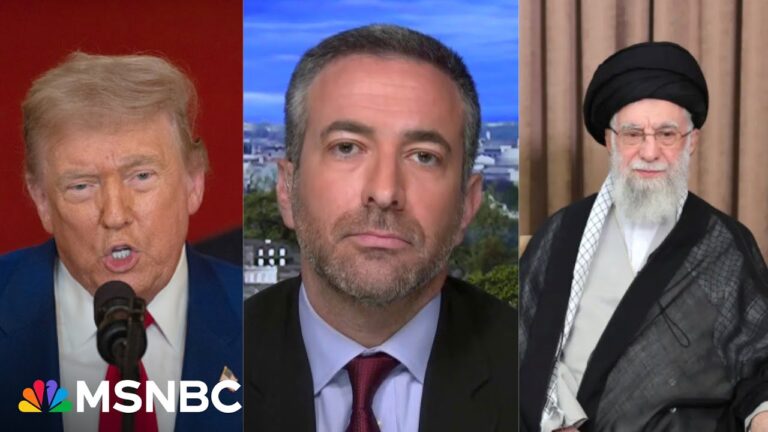Video at the bottom!
The discussion on the newly announced ceasefire between Israel and Iran is unfolding rapidly, with the implications of President Trump’s statement being analyzed critically. The president described a complete ceasefire to take effect within six hours, lasting for a total of twelve hours, after which he claimed the ongoing conflict would officially end. This announcement marks a significant development, particularly as it comes amidst heightened tensions and military actions involving both nations.
Ambassadors and military analysts have weighed in on the situation, with some suggesting that Iran’s recent military actions provide a strategic face-saving opportunity for them to agree to a ceasefire, avoiding the appearance of surrender. The geopolitical landscape surrounding this announcement is complex, with concerns about Iran’s nuclear program remaining a focal point. Discussions about how to transition this ceasefire into a more lasting political solution are critical. Questions linger about future negotiations regarding Iran’s nuclear capabilities and their long-term stance towards Israel, particularly given the historical animosities that have persisted for decades.
Moreover, the analysts highlighted the potential benefits of this ceasefire not just for the involved parties but also for US national security interests in the Middle East. The effectiveness of this ceasefire hinges on its translation into more extensive diplomatic engagements, as military hostilities can easily resume without a framework for lasting peace. Observers are left contemplating the veracity of the President’s announcement and anticipating forthcoming statements from involved parties to validate or challenge the claimed agreement.


